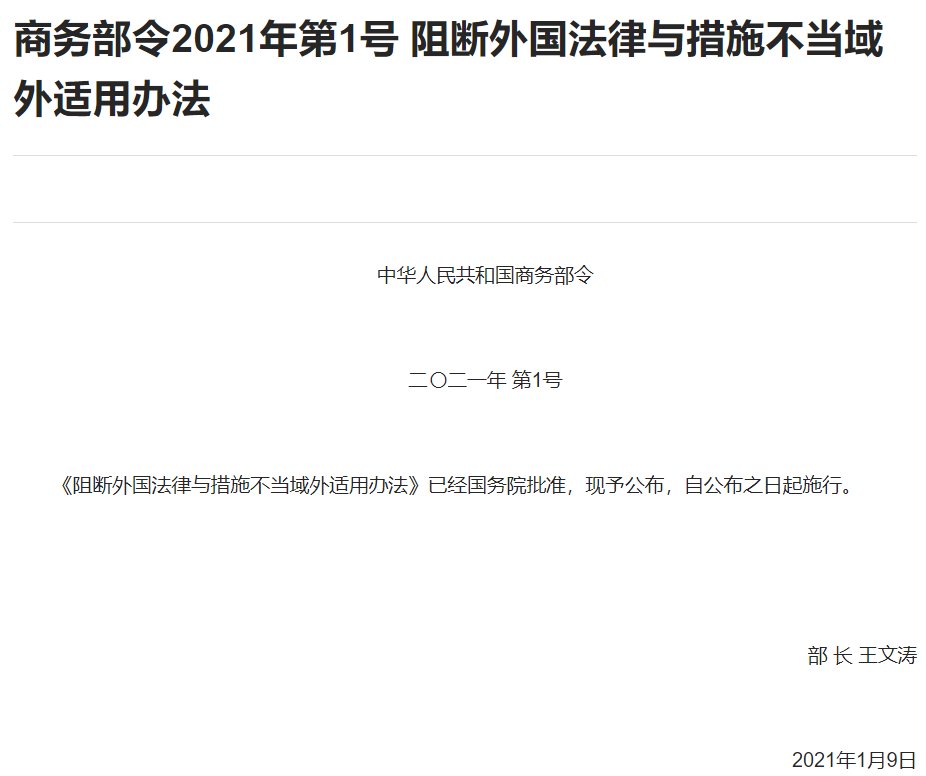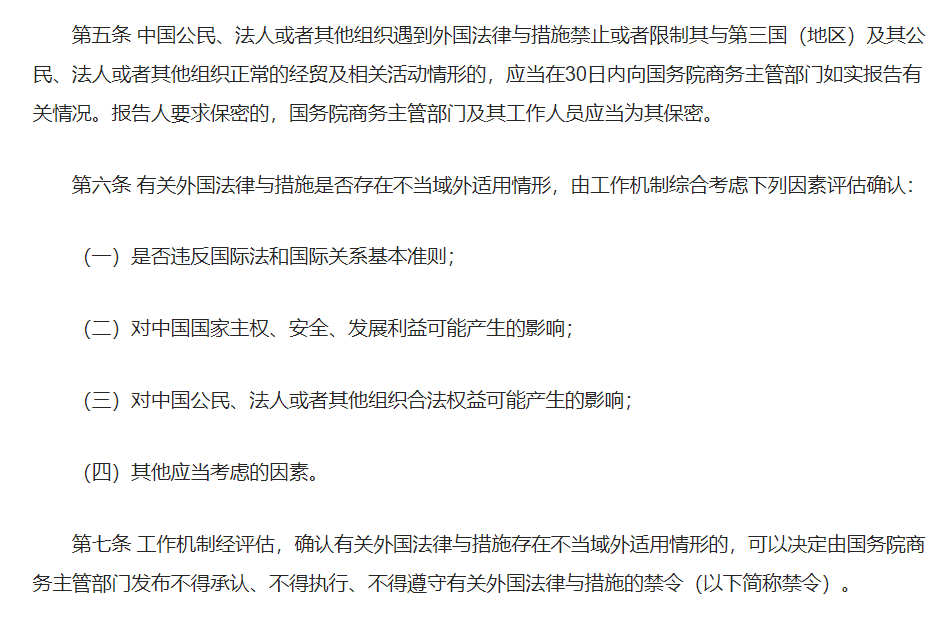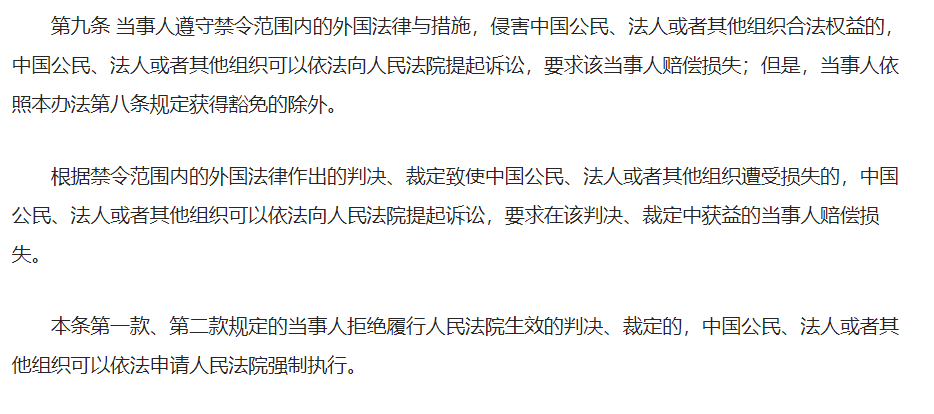
A thread on U.S.-China Joint Statement Addressing the Climate Crisis. Eng version: state.gov/u-s-china-join…;
Chinese version: xinhuanet.com/world/2021-04/…
1. Finally we have a statement where the English and Chinese versions mirror each other rather than speaking their own languages.
Chinese version: xinhuanet.com/world/2021-04/…
1. Finally we have a statement where the English and Chinese versions mirror each other rather than speaking their own languages.
2. But this doesn't mean that we can't learn anything from the joint statement. Instead, we can learn a lot from this!
Let's compare, for example, the last sentence of the first paragraph:

Let's compare, for example, the last sentence of the first paragraph:


Eng: Both countries recall their historic contribution to the development, adoption, signature, and entry into force of the Paris Agreement through their leadership and collaboration.
Chn: 双方回顾两国气候变化领域的领导力与合作,为巴黎协定的制定、通过、签署和生效作出历史性贡献。
Chn: 双方回顾两国气候变化领域的领导力与合作,为巴黎协定的制定、通过、签署和生效作出历史性贡献。
The Chinese version is, simply put, bad Chinese. This is not how Chinese normally write in their language, esp the part "双方回顾两国气候变化领域的领导力与合作". Two grammatical mistakes:
1. Chinese rarely write something like "回顾...领导力与合作";
1. Chinese rarely write something like "回顾...领导力与合作";
2. If you have to write something like this, you'd "双方回顾两国【在】气候变化领域的领导力与合作", but the keyword I show in bracket - 在 -, which is a (介词) preposition in Chinese, went missing. This made it really bad Chinese.
WHY?
WHY?
From this grammatically incorrect sentence, we can probably reverse-engineer several things leading to the finalization of the joint statement:
1. The statement was first drafted in English, and then translated into Chinese. This means that the US took a dominant role in drafting
1. The statement was first drafted in English, and then translated into Chinese. This means that the US took a dominant role in drafting
2. Even the translation to Chinese was carefully scrutinized by both sides to make sure that the Chinese version mirrors the English version, for obvious reasons. I can imagine a Chinese official trying to translate it into the correct version, e.g.,"【在】气候变化领域的领导力"
But his version was shot down by his American counterpart, because "There was no 【在】(the English word "in") in our original English version"!
So here we are, this grammatically incorrect sentence.
Grammar defeated by politics, again.
So here we are, this grammatically incorrect sentence.
Grammar defeated by politics, again.
The American official, smirking in triumph over his victory eliminating the preposition that was not in the original English text, never realized that his petty victory would be overshadowed by a much bigger defeat: the Chinese version which shifted the structure of the sentence
and thus also shifted the emphasis of the whole sentence, as in the original English text, from "Both countries recall their historic contribution" to "双方回顾两国气候变化领域的领导力与合作", i.e., "Both countries recall their climate change leadership & cooperation".
Put it simply, "the US and China recognize Chinese leadership". So this document will go down in history as the first document whereby the US openly acknowledge China's leadership on world issues.
Uncle Sam has admitted the leadership of China.
Q.E.D.
Uncle Sam has admitted the leadership of China.
Q.E.D.
@threadreaderapp unroll
• • •
Missing some Tweet in this thread? You can try to
force a refresh











